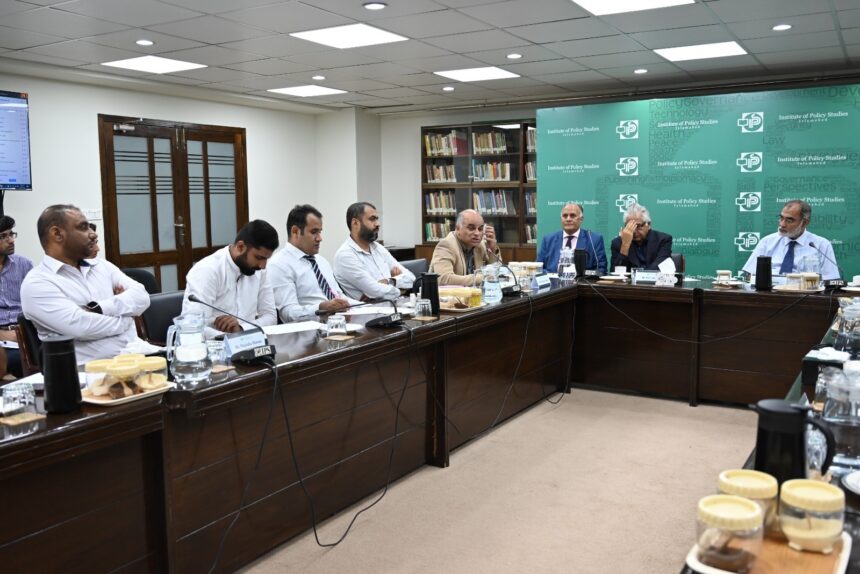Climate and sustainability specialists convened in Islamabad to stress that Pakistan’s growing exposure to extreme weather demands integrated action across sectors and governance levels. At a roundtable hosted by the Institute of Policy Studies (IPS) on September 19, experts warned that floods, rising temperatures and declining water quality together threaten food security, biodiversity and livelihoods, and that urgent steps are needed to strengthen national flood resilience.
Dr. Pervaiz Amir highlighted that climate extremes in Pakistan go beyond flooding, pointing to hotter summers and shrinking winters that endanger crops and ecosystems. He underlined the need to raise forest cover from the current level below 1 percent toward much higher targets and urged the construction of dams and water diversion schemes to capture monsoon runoff for use in arid regions.
Dr. Ghulam Rasul said recent decades have seen intensified heatwaves and flood events and argued for urban planning that favours vertical growth over horizontal sprawl while protecting natural waterways. He recommended that climate projections be mainstreamed into town planning so infrastructure and settlements are designed with future conditions in mind.
Speakers stressed aligning local governance with global best practices so communities can act as first responders. Syed Ikram ul Haq promoted investments in tourism infrastructure that can double as emergency shelters and advocated integrating data analytics and AI into disaster management. Altaf Sher described Glacial Lake Outburst Floods in the north that devastated communities and called for stronger local preparedness.
On the economic front, Dr. Syed Tahir Hijazi urged turning floods into opportunities, noting potential gains from fisheries and run-of-river hydropower when water events are managed proactively. Dr. Imran Hashmi warned about deteriorating water quality, microplastics and pathogenic risks, and urged indigenous solutions for waste and sewage management rather than overreliance on external donors. Yasir Riaz observed that floods are occurring more frequently than before and attributed much of the damage to weak local capacity rather than climate change alone.
Dr. Mujtaba Hassan called for up-to-date atmospheric and climate science to inform early warning systems and disaster policy. Mirza Hamid Hassan drew attention to Pakistan’s dependence on external warnings, citing unannounced water releases that challenge downstream preparedness, and urged building indigenous forecasting capability. Khalid Rahman concluded that combining short, medium and long-term measures with comprehensive capacity building from grassroots to national levels is essential to deliver sustainable Flood resilience across Pakistan.











